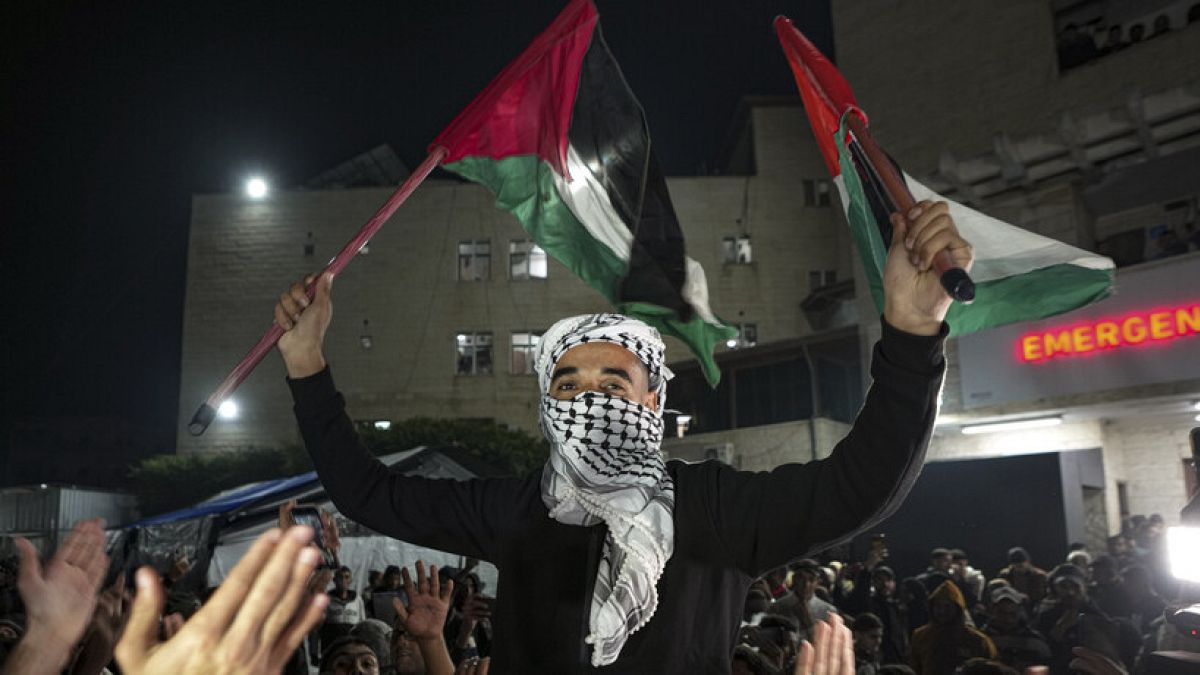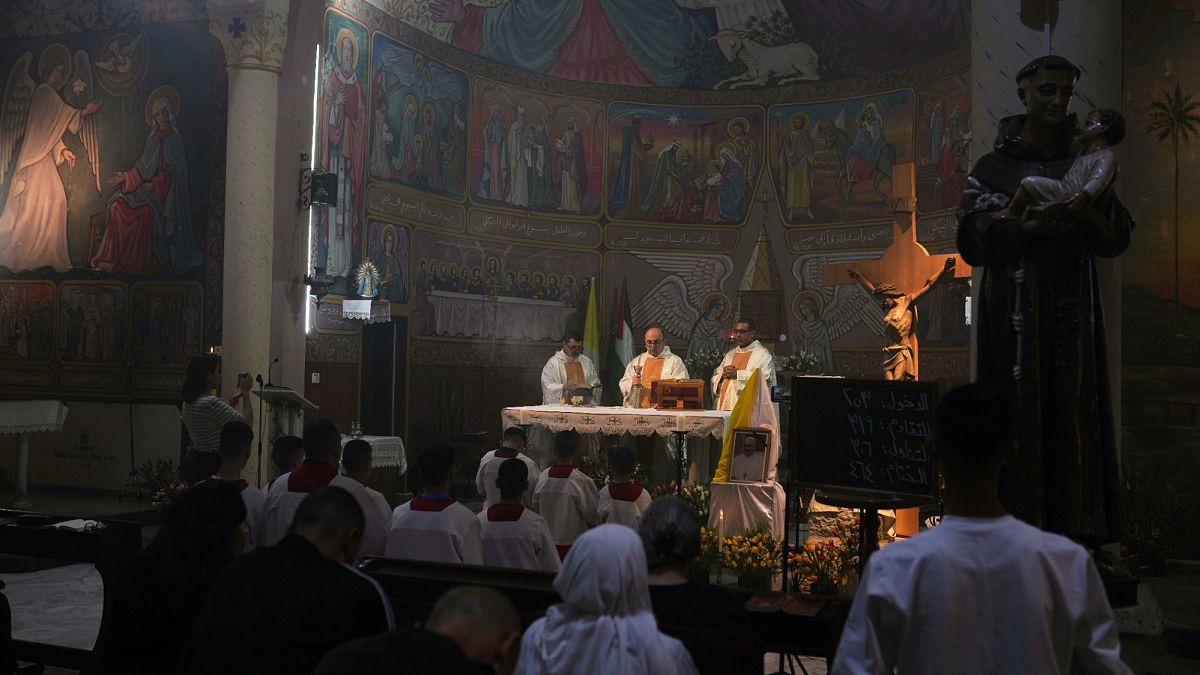European defense ministers show united front in support for Ukraine
Defence ministers from Europe’s five largest military nations—France, Germany, Britain, Italy, and Poland—met in Paris on Wednesday to discuss a new security framework for Ukraine in response to the US-Russia rapprochement.
French Defence Minister Sébastien Lecornu welcomed the diplomatic progress Washington and Kyiv made in Saudi Arabia, stating that “the ball is in Russia’s court.” A proposed thirty-day ceasefire agreement now sits on Vladimir Putin’s desk.
The meeting took place a day after a rare gathering of 34 military chiefs from NATO countries, as well as Japan and Australia, was held in Paris without the presence of American officials.
France and Britain have been at the forefront of rallying support for Ukraine as the US appears to be shifting its stance towards Kyiv.
Lecornu confirmed that “at this stage, 15 countries are interested in continuing the process” of strengthening security guarantees for Ukraine.
Another meeting, again excluding the US, is scheduled in two weeks with all of the defence ministers interested in developing more concrete proposals.
Europe “cannot afford to waste time on unnecessary bureaucracy”
The EU defence ministers also underlined they will continue helping Ukraine. The UK has pledged £4.5 billion (€5.3 billion) in aid for 2025. Poland, France, and others are set to deliver additional military equipment.
The ministers also released a joint statement emphasising “the need to ensure stronger European capabilities” by increasing defence budgets and bolstering arms production capacity across the continent.
However, obstacles remain in achieving a more cohesive European defence strategy.
Each national military operates with its own equipment, limiting interoperability and joint training efforts.
German Defence Minister Boris Pistorius stressed the need for a more coordinated approach to military procurement, warning that the continent “cannot afford to waste time on unnecessary bureaucracy.”
But the question of whether to send peacekeeping troops to Ukraine has become increasingly unlikely.
“We’re not there yet,” said Lecornu, identifying two immediate security priorities instead: securing the Black Sea and protecting Ukraine’s nuclear power plants.
Lecornu also addressed concerns about Ukraine’s long-term security, rejecting notions of a demilitarised future for the country.
His Italian counterpart, Guido Crosetto, echoed this sentiment, stating: “There is no future for Ukraine without the possibility of defending itself; a demilitarised Ukraine does not exist.”


